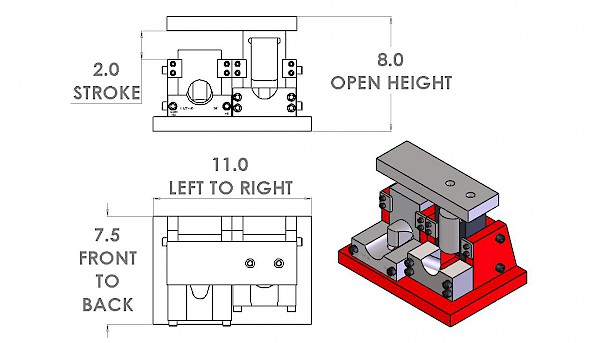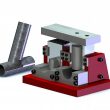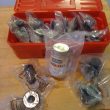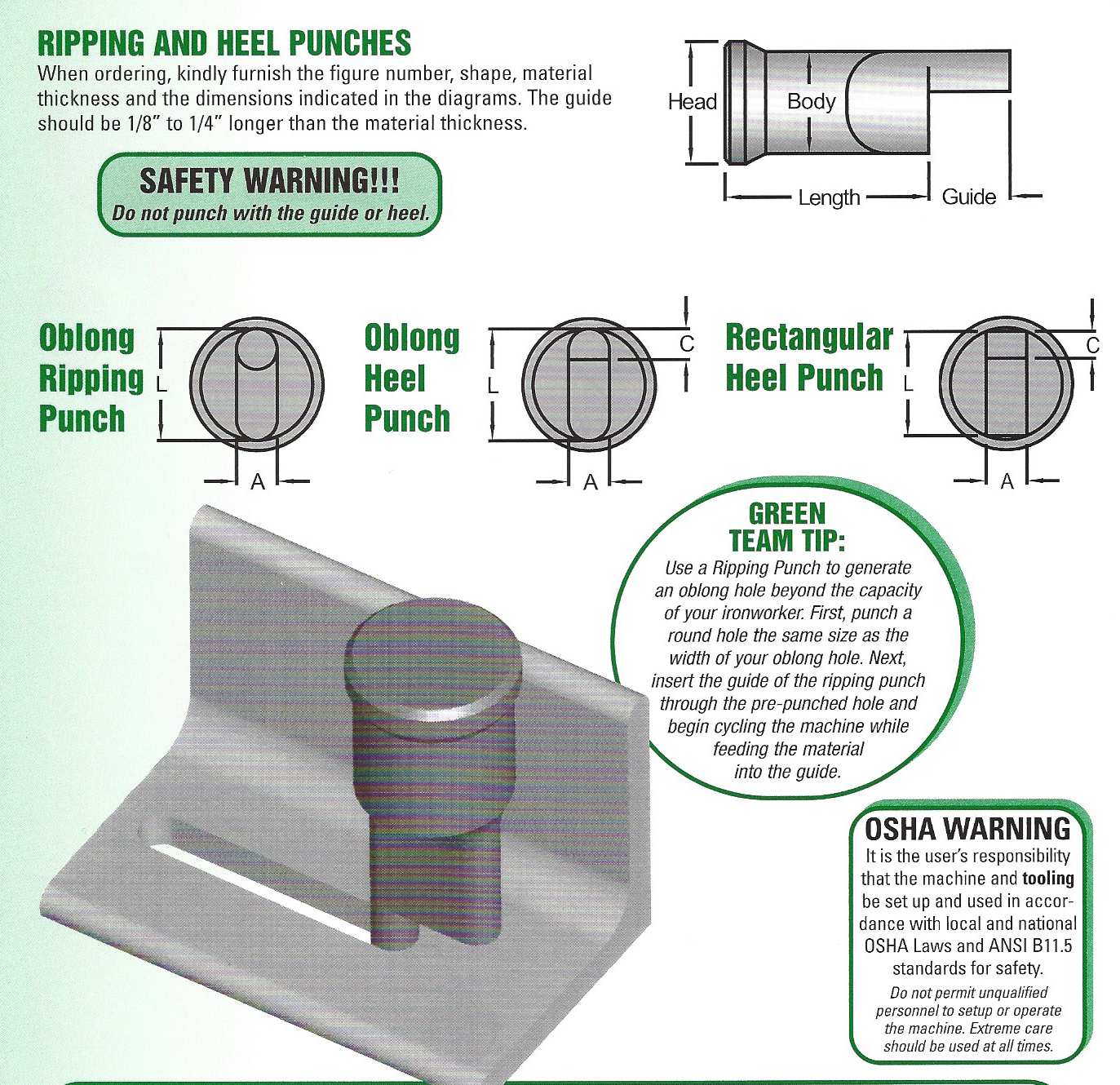Get More Out of Your Ironworker Tooling with the Right Surface Treatment
In a perfect world, there would be no galling, no abrasive forces that wear out tooling, no radius distortion, and the list goes on and on. But the reality is that in sheet metal fabrication, every application has unique requirements and depending on the material, tool steel, bend angle and many other factors, these requirements can cause undesirable effects. These undesirable effects can then result in excessive downtime, poor quality parts, a decrease in production – all of which hurt your bottom line. Fortunately, there are ways to help avoid these problems.
Many manufacturers offer a variety of different surface treatments that help minimize the signs of wear, galling, and distortion.
These superior surface treatments along with the exclusive use of high quality Chrome-Moly tool steel and advanced manufacturing methods, produce the highest quality tooling available.
Here are some examples of industry coatings:
Nitrex®
Best for: reducing galling and/or premature wear
Wilson Tool’s proprietary Nitrex® treatment is a heat-treat process that increases wear resistance and lubricity, resulting in minimized galling and corrosion. This heat-treat process hardens the entire surface of the tool to 68-70 HRC including the tips and shoulders where most of the abrasion occurs during bending. Nitrex-treated tools deliver improved productivity, lower overall tooling costs, and superior finished products.
Laser Hardening
Best for: Reducing radius distortion, bending heavy material
When bending heavy material, laser hardening is the best solution. This method involves hardening the concentrated points of the tool, primarily the punch tips and shoulder radii on the dies. This process creates a hardness of 55-60 HRC with a depth of approximately .060”. Most tool punches and all dies with v-openings of 1.5” or greater are laser hardened. This process is used by Wila Tools and Wilson Tools.
Induction Hardening:
Best for: Conventional style tooling
This process involves hardening the tool with a heated coil and then quenching it with water. This creates a hardness of HRC 55-60 and the depth of hardness is approximately .120”.
Flame hardening
Flame hardening is often used to harden only a portion of an object, by quickly heating it with a very hot flame in a localized area, and then quenching the steel. This turns the heated portion into very hard martensite, but leaves the rest unchanged. Usually, an oxy-gas torch is used to provide such high temperatures. Flame hardening is a very common surface hardening technique, which is often used to provide a very wear-resistant surface. A common use is for hardening the surface of gears, making the teeth more resistant to erosion. The gear will usually be quenched and tempered to a specific hardness first, making a majority of the gear tough, and then the teeth are quickly heated and immediately quenched, hardening only the surface. Afterward, it may or may not be tempered again to achieve the final differential hardness.
This process is often used for knife making, by heating only the edge of a previously quenched and tempered blade. When edge turns the proper color temperature, it is quenched, hardening only the edge, but leaving most of the rest of the blade at the lower hardness. The knife is then tempered again to produce the final differential hardness.




